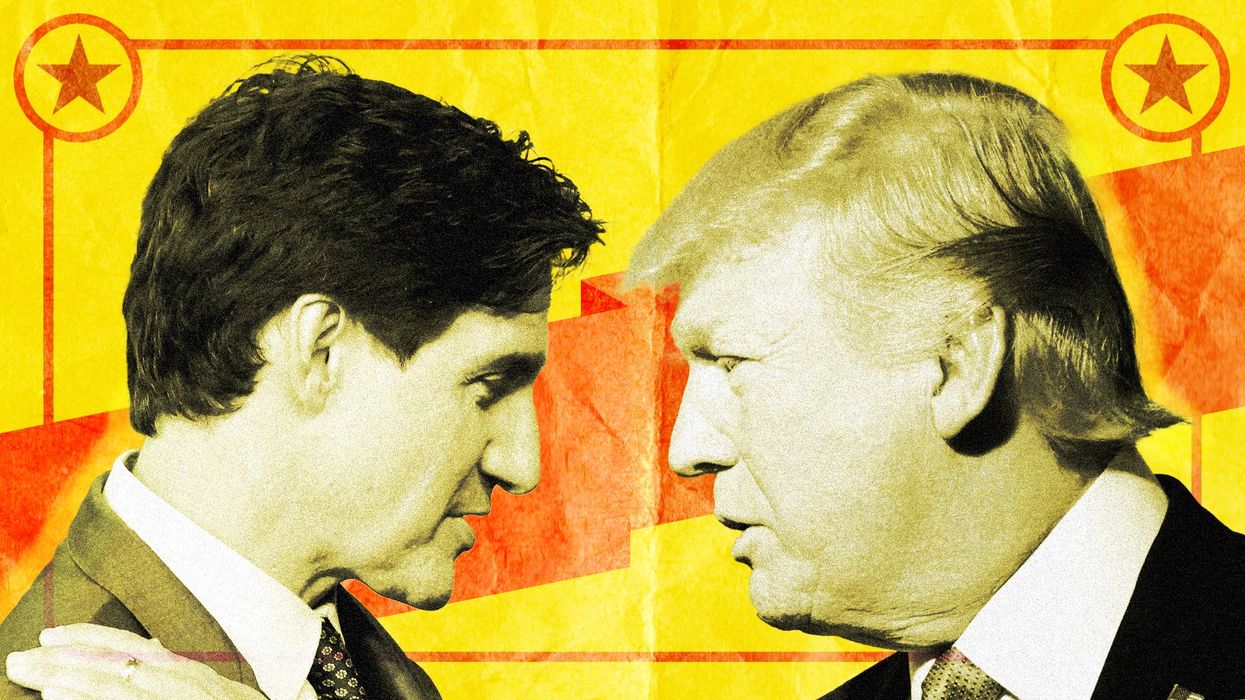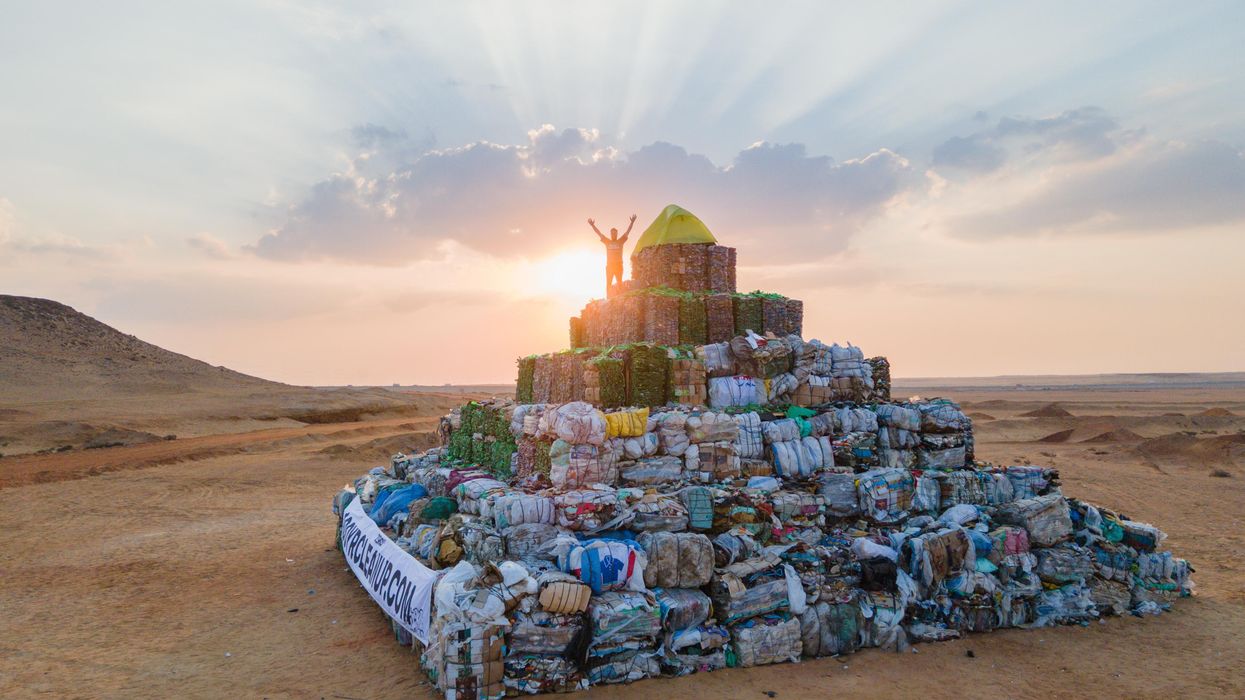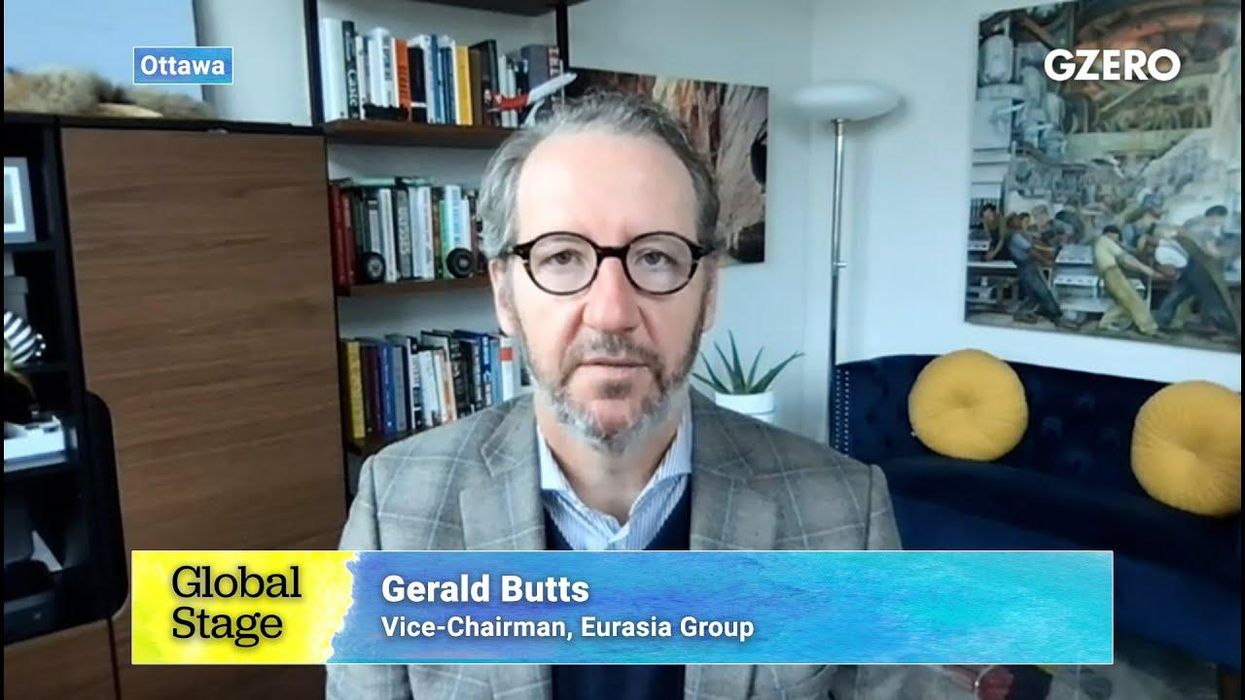GZERO North
Trudeau’s former right-hand man thinks Trump 2.0 ‘will be harder’
When Donald Trump shocked the world by getting elected in 2016, Gerald Butts was the most important adviser to Prime Minister Justin Trudeau and played a key role in the tumultuous but ultimately successful negotiation of the USMCA. Stephen Maher sat down with Butts to discuss the prospects for Canada under Trump 2.0.
Nov 14, 2024



